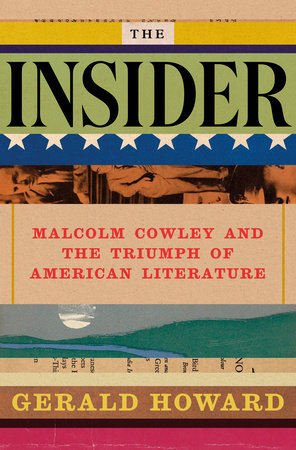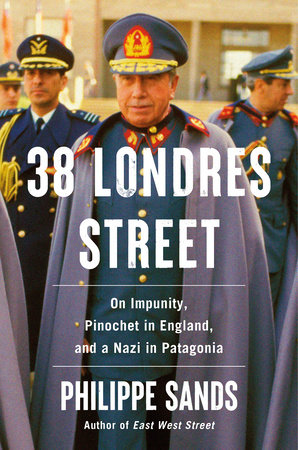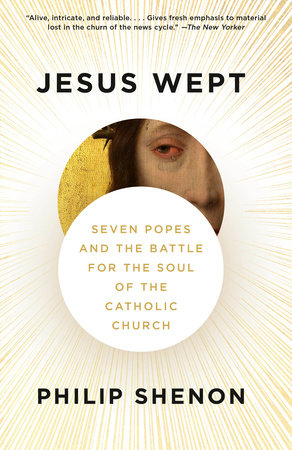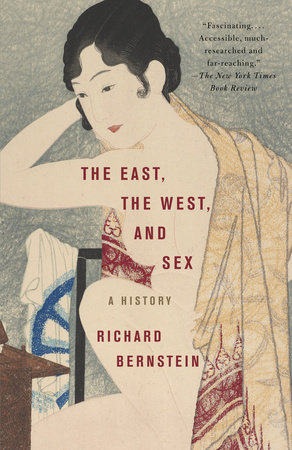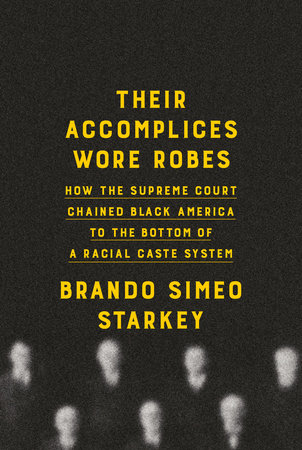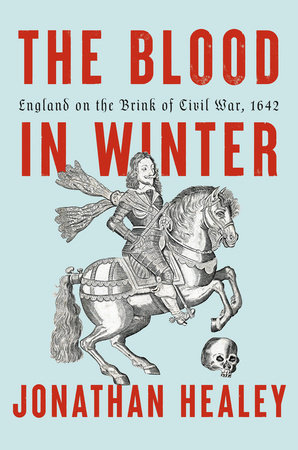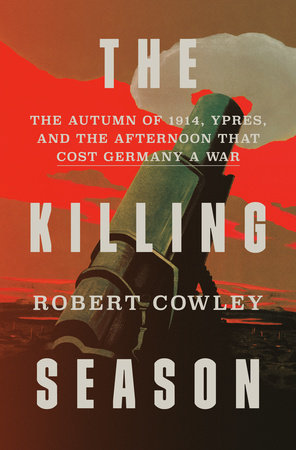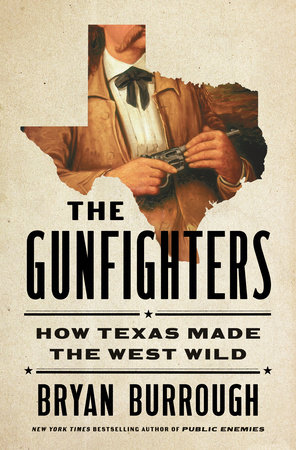*Los Angeles Times “10 Books We’re Looking Forward to in 2025″*
“Lincoln’s Peace is a vivid introduction to the complexities of what we call Reconstruction, and to the maddening difficulty of bringing a war to a close. Perhaps, as T.S. Eliot remarked about the English Civil War, it may be that no serious civil war ever really ends.” —Allen C. Guelzo, The Wall Street Journal
“Fascinating . . . Potent . . . Reminds us of the cost in lives in failing to resolve—peacefully and diplomatically—arguments with deep social and moral implications.” —Jeff Rowe, Associated Press
“[Vorenberg] astutely interrogates the notion that modern America is uniquely mired in ‘forever wars,’ suggesting instead that today’s political scientists are likely idealizing the past. Expert analysis and eloquent prose make this a must-read for U.S. history buffs.” —Publisher’s Weekly (starred review)
“Throughout Lincoln’s Peace, readers are provided a fascinating analysis of historical events that generally have been either overlooked or disconnected from one another . . . Written with a combination of thorough research and a deftness for narrative history, Vorenberg’s book is one that will challenge commonly held beliefs . . . most historians, or general readers, should come away from this skillfully written book with new perspectives about facts they thought were settled truths but actually never happened.” —Greg M. Romaneck, Emerging Civil War
“As he demonstrated with his magnificent Final Freedom: The Civil War, The Abolition of Slavery and The Thirteenth Amendment, Michael Vorenberg has a gift for illuminating vast historical terrain by posing a central yet unasked question and answering it with scholarly exactitude, penetrating insight and a brilliant narrative style. In Lincoln’s Peace, he offers an account, eye-opening, disturbing, moving and at times jaw-dropping, of the myriad ways in which the forces that ignited the American Civil War retained implacable vitality and destructive energy long after Appomattox, resisting and ultimately thwarting the dream of a just and lasting peace. Once in a great while a book arrives that allows us to rediscover the strange inexhaustibility of the Civil War—its meanings, its implications, its ongoing relevance to the fate and future of the American democratic project. Lincoln’s Peace is such a book.” —Tony Kushner, Pulitzer Prize–winning playwright and screenwriter
“Original, absorbing, and illuminating, Michael Vorenberg’s Lincoln’s Peace does something remarkable: It makes us think about familiar questions in an entirely new and engaging way. A marvelous achievement.” —Jon Meacham, author of And There Was Light: Abraham Lincoln and the American Struggle
“Everyone knows the Civil War ended with Robert E. Lee’s surrender at Appomattox. But as Michael Vorenberg shows in this fascinating and original narrative, the situation was actually much more complicated, and a full account of the war’s end has all sorts of ramifications, legal, military, and racial. Vorenberg’s account helps us understand what the war was all about and whether in some ways it is still being fought.” —Eric Foner, author of The Second Founding: How the Civil War and Reconstruction Remade the Constitution
“A brilliant work and a vital contribution to the canon . . . Vorenberg exhibits scholarship of the first order. The history is vividly written and thoroughly researched. His reasoned questioning, skepticism, and analysis of accepted tropes and conclusions about the Civil War will prove meaningful to those who study the philosophy and psychology of war, peace, and American culture and identity.” —Kirkus Reviews (starred review)
“It matters how wars end, and even if they end when we mythologically assume they do. Michael Vorenberg dives deeply into the question of just when and how the Civil War ‘ended.’ Lincoln looms large in this story, and Vorenberg is a superb Lincoln scholar. But the great insight of this book is that America’s Armageddon—ideologically—may never have quite ended, and how we say it ended in competing stories has profoundly influenced the event’s memory. Only such a skillful historian as Vorenberg could achieve this brilliant, original, even beguilingly unorthodox, interpretation of the most important turning points in American history.” —David W. Blight, Yale University, and author of the Pulitzer prize-winning, Frederick Douglass: Prophet of Freedom.
“In this powerful and provocative book, Michael Vorenberg vividly dramatizes how America was ‘caught between a state of war and a state of peace’ after Appomattox. With careful attention to legal and political debates, and to the themes of insurgency, occupation, conquest, and freedom, Vorenberg traces the prolonged national struggle to end the Civil War—and asks us to contemplate why our myths of a definitive peace persist.” —Elizabeth R. Varon, University of Virginia, author of Longstreet: The Confederate General Who Defied the South
“In a bracing challenge to the received wisdom that America’s Civil War ended with Lee’s surrender at Appomattox, Lincoln’s Peace sheds a brilliant light on the liminal space between what was no longer outright war nor yet a realized peace. Vorenberg’s sparkling narrative tells of ongoing conflict, violence, legal disputation, international imbroglios, and—above all—contested freedom. In sum, a masterly and original work.” —Richard Carwardine, author of Righteous Strife: How Warring Religious Nationalists Forged Lincoln’s Union
“A provocative and disquieting counter-narrative to the long-held and widespread assumption that the Civil War ended with the Appomattox Surrender. Rather, the author argues, the often-bloody aftermath known as ‘Reconstruction’ was a continuation of violent conflict, and thus war, albeit of a different kind. It was waged not only in states of the former Confederacy but also across the West. Drawing on an impressive range of sources and interweaving military, racial, legal, and political dynamics, Vorenberg’s arresting narrative will provide readers with much food for thought.” —Joan Waugh, author of U.S. Grant: American Hero, American Myth
“Vorenberg leads us on an often surprising journey through the twilight time between Lee’s surrender at Appomattox Court House and the elusive end of hostilities between North and South, long after the Civil War was traditionally thought to have ended. In this fast-unfolding account, he presents the nation’s leaders in compelling close focus as they struggle to find their way through a labyrinth of political, legal, and military ambiguities, while hopes for a clear-cut peace evaporate and the shape of a new postwar America comes painfully into being.” —Fergus M. Bordewich, author of Klan War
“Lincoln’s Peace is the finest account of how the Civil War ended—yet didn’t really end—that I have ever read. In a compelling, wide-ranging, fast-flowing, narrative Michael Vorenberg first takes the reader to the supposedly final battles, negotiations, surrenders and skirmishes that ought to have concluded the most violent war of insurrection in American history; he then describes the sad mess that followed—assassination, pardons, dropped treason trials, escapes from justice and disputed versions of guilt and responsibility that make the work a must-read for all of us today.” —Nigel Hamilton, author of Lincoln vs Davis: The War of the Presidents
“In Lincoln’s Peace, Michael Vorenberg untangles the seemingly simple question of when did the Civil War end to re-examine what the Civil War was, what it meant, where it actually happened, and why it still affects our lives and politics today. Through beautifully told vignettes, carefully reasoned analysis of legal arguments, and sensitive readings of cultural struggles over the Civil War, Vorenberg writes of a Civil War as big as the country and as meaningful today as it was then. In the process he also leads us to re-examine what we know—or think we know—about wars, about endings, and about the resonance of the Civil War today. A signal and eloquent achievement and a terrific read.” —Gregory P. Downs, author of After Appomattox
“Lincoln’s Peace is the book we’ve been waiting for: a probing, twisting exploration of that least understood element of the Civil War—its ending. Vorenberg achieves the highest goal of a historian, convincing readers to rethink history they thought they knew, with the page-turning prose of a good story and the incisive queries of a great study. Parsing the hazy boundaries between war and peace, slavery and freedom, Lincoln’s Peace offers readers a new way to see the past and the present.” —Jon Grinspan, Curator of Political History at the Smithsonian’s National Museum of American History
“Long after Robert E. Lee surrendered to Ulysses S. Grant in April 1865, Americans continued to ask themselves whether the Civil War was truly over. In this thoroughly surprising and beautifully written narrative, Michael Vorenberg takes us on a journey through multiple surrenders and declarations of peace, ongoing guerilla warfare, and the unceasing fight for Black freedom. In an age of ‘forever wars,’ Lincoln’s Peace tells a story as timely as it is thought-provoking.” —Martha Hodes, author of Mourning Lincoln
“This book was hard to put down. The writing is graceful and the characters are riveting. But there is more. Lincoln’s Peace upends our understanding of the Civil War by asking a deceptively straight-forward question: Did the Civil War end? That framing shifts the focus from war to peace and provides fresh insights into one of the most well-covered topics in the historical literature. The implications are profound, not just for our understanding of the Civil War, but also for a host of issues today.” —Laura F. Edwards, Class of 1921 Bicentennial Professor in the History of American Law and Liberty in the History Department, Princeton University
“Michael Vorenberg’s Lincoln’s Peace fundamentally changes the way we think about the Civil War’s chronology, geography, and meaning. Through clear vision and beautiful prose, Vorenberg suggests that the conflict had no neat ending, that it lingered long past Robert E. Lee’s formal surrender at Appomattox Courthouse on April 9, 1865, that it raged in the trans-Mississippi West for years afterward, and that it continues to shape the American experience today. This is an essential book by one of our greatest historians.” —Ari Kelman, author of A Misplaced Massacre: Struggling Over the Memory of Sand Creek
“From the pen of one of the era’s foremost historians comes a rich and nuanced exploration of the days, weeks, months, and even years that brought the American Civil War to a close. Peeling back the gauzy veils of memory and mythmaking, Vorenberg takes the reader on a captivating journey to find the war’s end—a journey as unexpected for those who lived it as for the reader.” —Caroline E. Janney, author of Ends of War: The Unfinished Fight of Lee’s Army after Appomattox
“Vorenberg tells this story deftly, managing a number of related narratives involving dozens of people in the years when the Lost Cause myth had not yet become the dominant Civil War and Reconstruction story. This fine book ably challenges many untested assumptions about the Civil War.” —Booklist
“Throughout Lincoln’s Peace, readers are provided a fascinating analysis of historical events that generally have been either overlooked or disconnected from one another . . . Written with a combination of thorough research and a deftness for narrative history, Vorenberg’s book is one that will challenge commonly held beliefs . . . most historians, or general readers, should come away from this skillfully written book with new perspectives about facts they thought were settled truths but actually never happened.” —Greg M. Romaneck, Emerging Civil War






